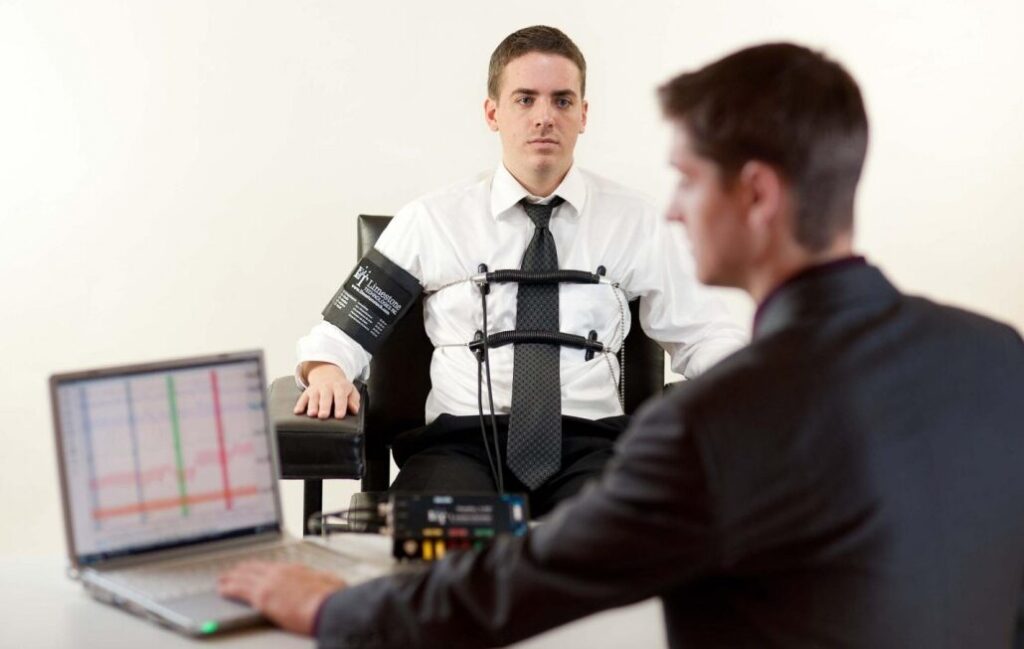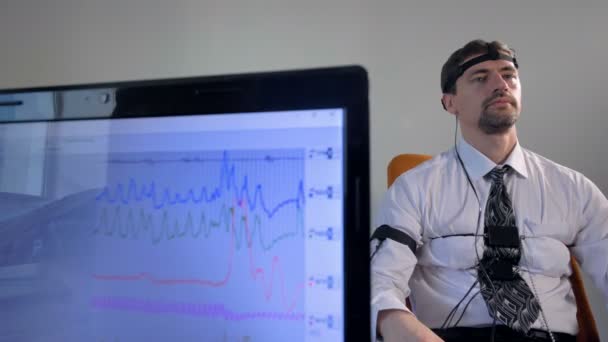In a society where truth is often elusive, the idea of a lie detector exam has enthralled many. From job searches to criminal investigations, it has grown to be a tool of interest in many disciplines as it promises to expose the truth. Still, the primary issue is whether a lie detector is reliable. This article explores the accuracy of lie detector tests, with particular attention to the rising demand for lie detector test denver services to assist you in determining if they live up to their name.
How Lie Detectors Function
Lie detectors—also called polygraphs—measure physiological reactions like heart rate, blood pressure, breathing, and skin conductivity. The theory is that misleading responses will generate unique physiological reactions detectable and analyzable. A lie detector test consists of a series of questions used to set the baseline of the subject’s physiological reactions. These answers are then matched with those produced by inquiries about current affairs.

The Argument for Accuracy
There is substantial disagreement about lie detector accuracy. Proponents claim that lie detectors may reach accuracy rates of 85–95% when given proper administration by qualified experts. Critics counter that false negatives—failing to find a falsehood—and false positives—indicating a lie when the person is truthful—can also arise. Especially in high-stakes scenarios, this fluctuation in findings begs questions about the dependability of polygraphs.
Lie Detectors: Uses
Even though there are problems with them, lie detectors are nonetheless employed in a variety of fields. They may provide insightful analysis in criminal investigations, even though they are not permissible as evidence in court. Lie detectors are utilized by businesses during the pre-employment screening process to ascertain the honesty of potential employees. Further illustrative of their diverse use are reality television shows and personal conflicts, both of which are instances in which lie detectors are sometimes utilized.
Lie detector reliability still presents a difficult question. Although technological development has raised their accuracy, incorrect findings cannot be eliminated. For this reason, one should approach lie detector exams knowing their limits. If you are thinking about a lie detector test denverservice, be sure it is carried out by a qualified specialist following rigorous standards to enhance accuracy. In the end, even though lie detectors might be a valuable instrument, they should be used in line with a larger investigation process instead of as the only truth-determining tool.
